Navigating a Behavioural Interview
Predicting Future Performance
Behavioral-based interviewing is a selection technique which employers use to evaluate a candidate's past behavior in different situations in order to predict their future performance. This interview technique can also be referred to as situational or STAR interviewing (Situation, Task, Action, Result).
Behavioural questions often start with a phrases such as "can you tell me about a time when...", or "describe a situation where...", or "can you give an example of...". This format is designed to prompt you to talk about a specific situation in your answer. Just to be tricky, not all employers will indicate in advance whether your interview is behavioural and some will even use a hybrid interview technique which combines a conversational style of question and answer with a mix of behavioural questions (requiring you to switch back and forth between the two styles). Therefore, your best approach is to always expect behavioural questions and come prepared.

Answering a behavioural question is like telling a story; your answer should always have a beginning (set the scene), a middle (what happened and what you did) and an ending (conclusion). If you follow the STAR formula you will keep on track and deliver a strong response:
- Situation – provide the where, when, and context of your example.
- Task – the issue, task or problem to be solved.
- Action - how you solved the problem, fulfilled the task or handled the situation. What did you do and how did you do it?
- Result – the outcome achieved as result of your action/s. Ensure you quantify the result.
Try to spend approximately 80% of your answer time talking about your actions, as this offers the most convincing evidence of your skills. It is also essential that you clarify your role when talking about team activities. The interviewer wants to know how you contributed to the team (what was your unique contribution), so talk in terms of “I” not “we” when describing your actions.
Questions to expect will be aligned to the key performance objectives/deliverables/required experience that are generally articulated in the position description. In order to prepare, go through the position description in detail and identify three to five areas that you believe are likely to be of most importance (in succeeding in the role).
Once you have done this, select behavioural questions which align to these key areas and then practice your answers. Do your research in advance; go back through your work history and pinpoint examples and supporting data you can refer to in the interview. Don't wing it and expect that you will have examples of your performance spring immediately to mind during the interview.
Prepare for questions which examine negative situations such as conflict, errors or problems. Most jobs will present the occasional challenge and the interviewer will be interested in your ability to handle these situations.
Your answers also need to highlight at least one of the following themes:
- Self-awareness
- Growth
- Self-reliance
- A willingness to help another individual
No-one is perfect; however, everyone wants to manage and or work with a person who is able to accept feedback and honestly assess their own performance, and then demonstrate how they have grown as a result of this. Endeavour to keep your answers as honest and realistic as possible. Interviewing is a delicate balance between pride and humility.
We've listed some examples of common behavioural interview questions. Try to make the time to role-play these with a friend before your interview or record yourself so that you can listen to yourself and hear how you are coming across.
Problem solving
- Can you provide an example of when you used logic to solve a problem?
- Can you describe an example of a time when you took the initiative in your role or during a team activity.
- Can you describe a time when you used your problem-solving skills to benefit your team or company.
- What’s the best idea you’ve come up with on a team-based project?
- How do you approach problem solving? What’s your process?
- Can you provide an example of a significant improvement you made in your current/most recent position?
Working in a team
- Are you better at working with a team or working on your own?
- What role do you assume when you work within a team?
- Describe a time when you disagreed with a team member. How did you resolve the problem?
- Tell me about a time when you failed in a team project, and how did you overcome it?
- How would people in your team describe you?
Failures and mistakes
- Tell me about a time in the last 12 months when you received critical feedback on your performance?
- Tell me about a time in the last 12 months when you reviewed your own performance and would change the way you approached a task or issue (even if others saw your results as effective/ successful)?
- Tell me about a big mistake you’ve made on the job and how you handled it?
- Tell me of a time when you didn’t meet your goals?
- Tell me about a decision that you've made and regretted, and how you overcame it?
Leadership
- Can you give me an example of a time when you had to assume leadership for a team?
- Have you ever had to set goals for a team?
- Can you describe a time when you were able to motivate unmotivated team members?
- Have you ever had to counsel a difficult team member? Tell me about that?
- Describe a situation where you had to collaborate with someone who had a different working style?
People management
- When delegating a recent assignment, describe how you showed your confidence in the person's ability to do the job?
- Can you describe a time you had to provide training or coaching to different staff members on the same tasks?
- Can you provide a specific example of when you had to clearly communicate your expectations to a direct report?
- Tell me about the steps you took to establish rapport with a new staff member?
- What methods have you used to prioritise work assignments?
Resilience
- Tell me about a time when you disagreed with your manager on the best approach to take to deliver an outcome?
- Tell me about a time when you have worked well under pressure?
- How do you manage your stress levels?
- How do you handle unexpected changes or challenges?
- How do you handle ambiguity around what is expected of your or your team?
- Describe a time when you faced a block at work and how you solved it?
Connecting people to enhance the experience of work
© 2022 Profusion | Privacy Policy | Data Collection Notice | Powered with 🤍 by Shazamme











